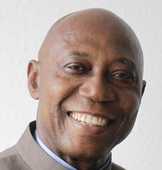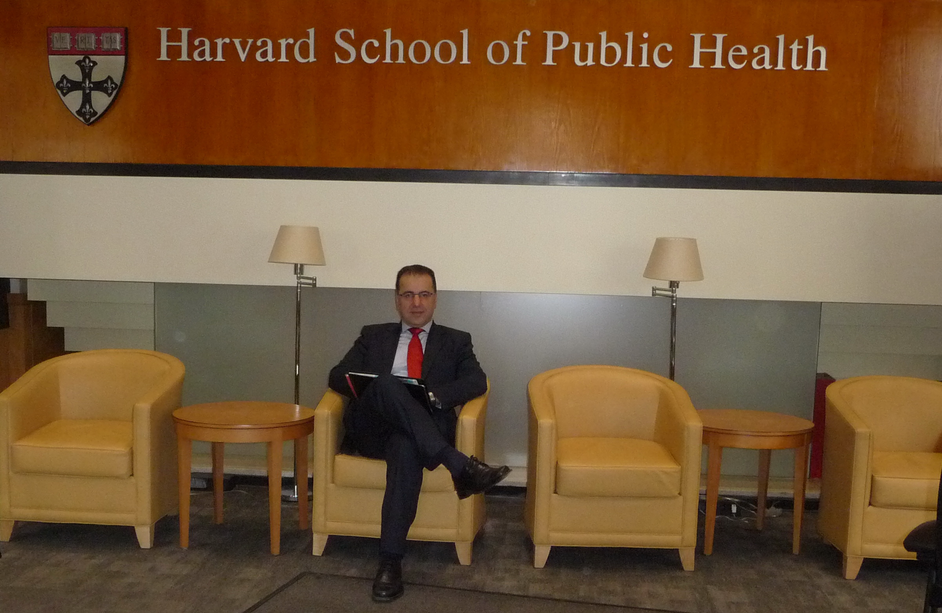Alan Dilani, Ph.D., is a global authority on interdisciplinary research regarding the interaction between design and health,
A founder of the International Academy for Design and Health
(IADH) and the journal World Health Design. He holds a Masters of Architecture in Environmental Design from the Polytechnic of Turin, Italy, and a Ph.D. in Health Facility Design from the Royal Institute of Technology, Stockholm. The multidisciplinary research program he developed at the medical university of the Karolinska Institute led to a new design theory, “Salutogenic Design,” which not only fosters functional efficiency in healthcare infrastructure, but also improves health processes. He has contributed internationally to academic development in the field of design and health; has served as a keynote speaker at conferences, and lectured worldwide in major universities in the United States, Europe, Australasia, Asia, and Africa. Dr. Dilani has designed all types of healthcare facilities and has served as advisor for ministries of health around the world, briefing developments in healthcare infrastructure with a vision of the salutogenic approach. He has authored sixteen books and numerous articles in the field of design and health. Dr. Dilani was awarded recognition in 2010 by the American Institute of Architects for his promotion of high-quality design research; and in 2017, in Vienna, was awarded the Lifetime Fellowship for outstanding leadership and contribution as founder and chair of the International Academy for Design and Health.
2017
Lifetime Fellowship of IADH, Austria
2017
Lifetime Leadership Award by IADH
2010
Awarded by American Institute of Architect (AIA), Boston, USA
1998 - 2001
1994- 1998
1992 - 1994
1979- 1985
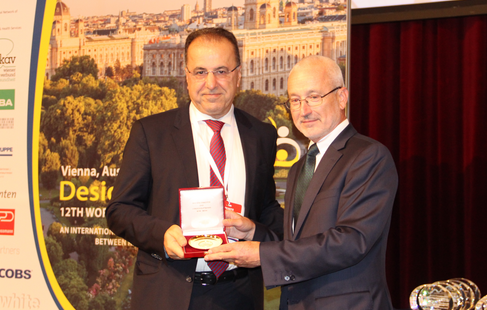
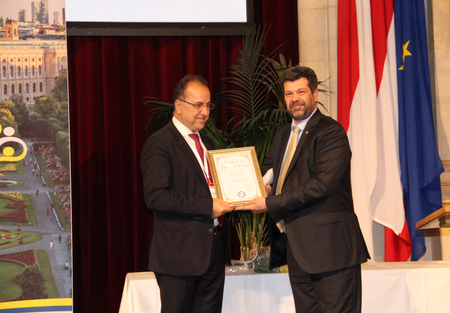
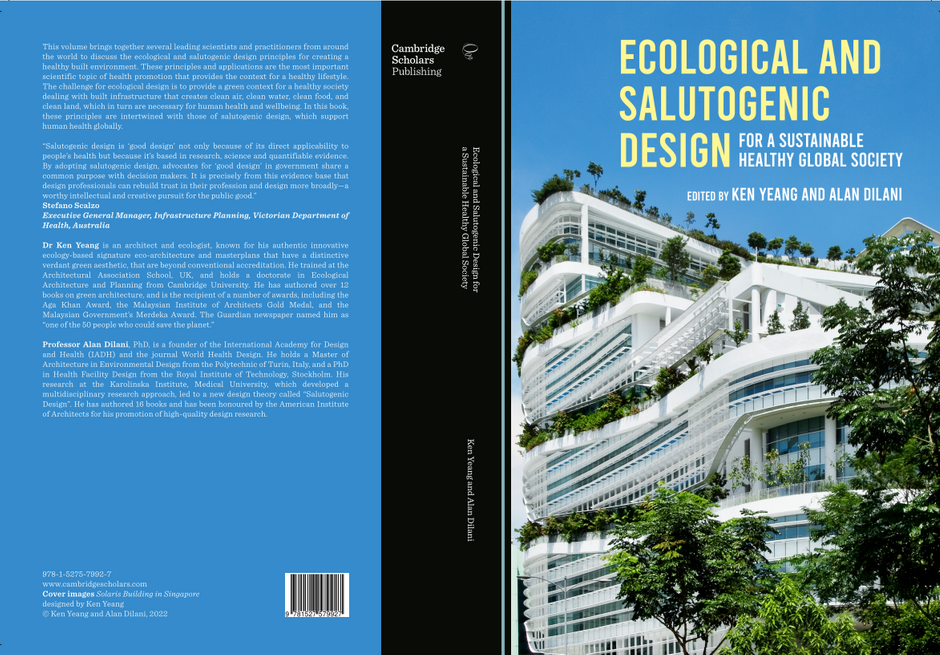
A global network of people advocating change in the buildings we live and work in will help to change the world. It is a vision with tremendous potential in the most developed cities and nations, as well as in those still emerging. Health is everyone’s business because without it, our complex life is not sustainable. Dilani has quietly but persistently made his mark for the past three decades as an architectural guerrilla. Taking on nothing less than the built environment of the very places people go to restore their failing health, he proposes that healthcare facilities themselves need to become a part of the solution by embodying elements of the health they seek to deliver. The way hospitals, facilities for elderly care, public institutions, and other buildings need to change shape would grace them with the power to promote health. As an ardent scientific researcher, Dilani has investigated the psychosocial effect of much-needed transformations to the way hospitals look—and subsequently act upon the myriad of people within them. The story of Alan Dilani, from humble beginnings in a small Kurdish town to global citizen— may it serve to inspire young and old alike to pursue and manifest a better world for us all.
Dr. Carol Prunhuber
The salutogenic work of Professor Alan Dilani is a dialogue about human values, values that promote harmony in the environment and health and well-being for people the world over. It’s a vision that he invites us all to share. In his groundbreaking role, disseminating a paradigm-shifting consciousness, I would name Alan an ambassador of ethics and well-being—and an ambassador of hope to our world.
Msgr. Prof. Obiora Ike, Executive Director of Global Ethics Center, Geneva
